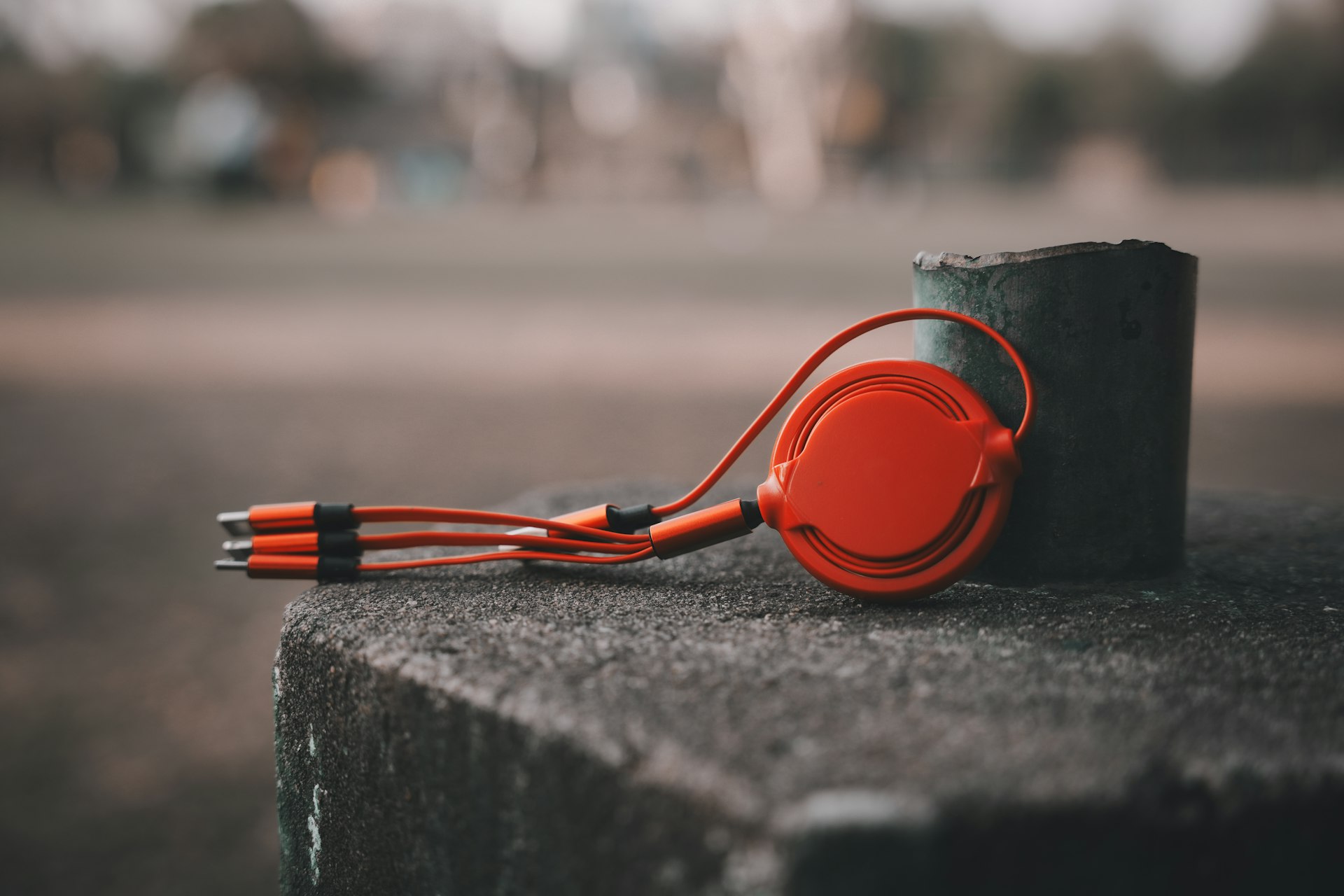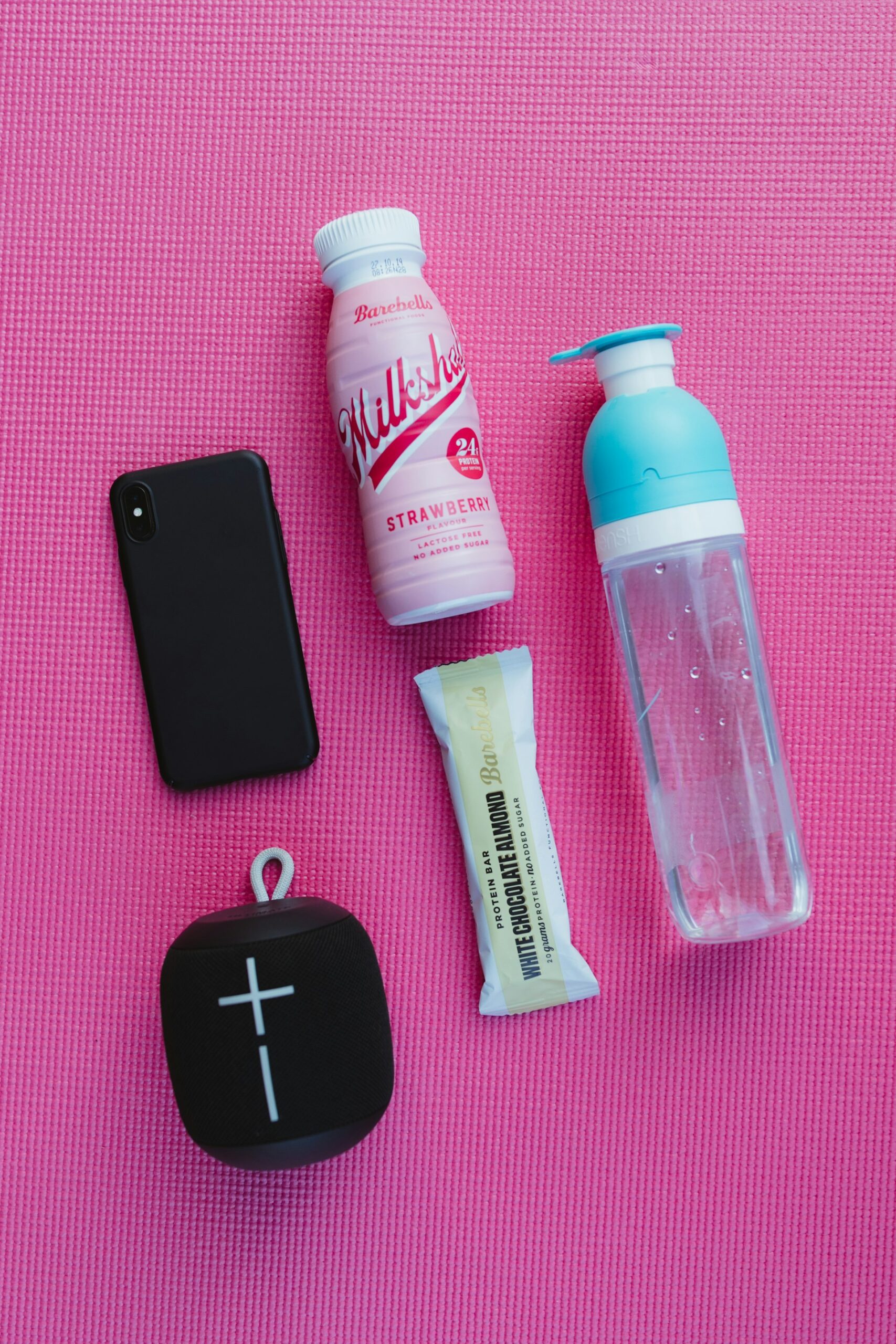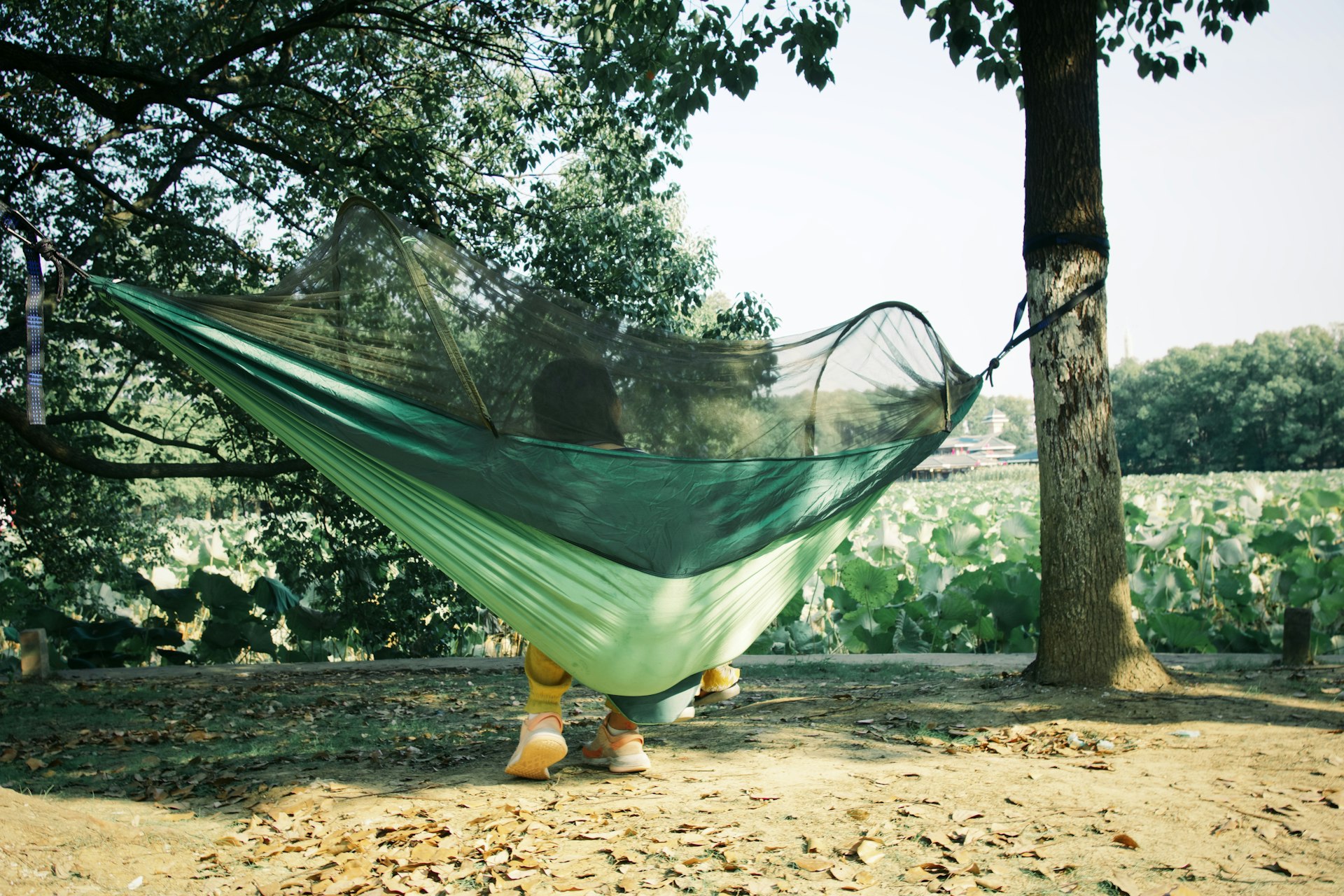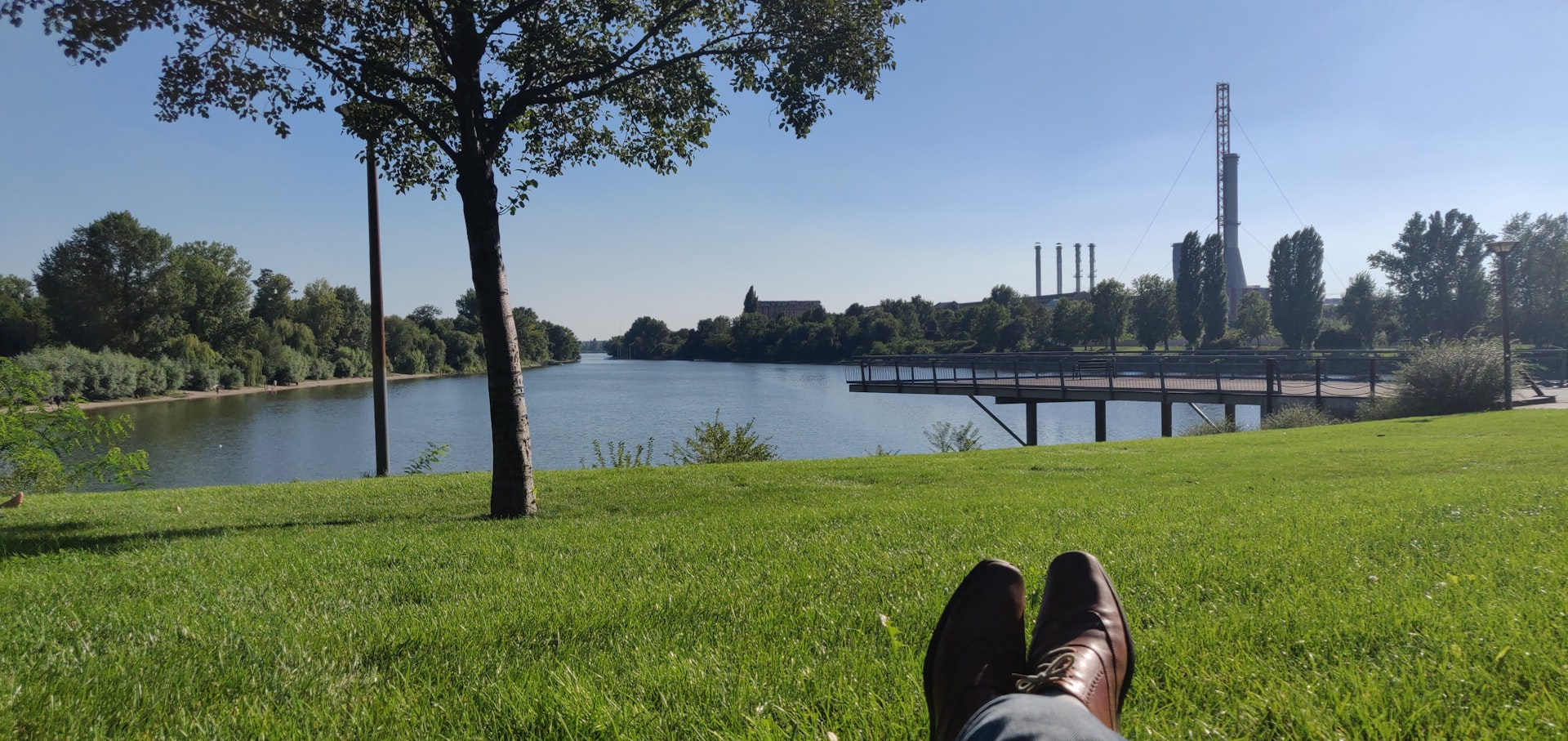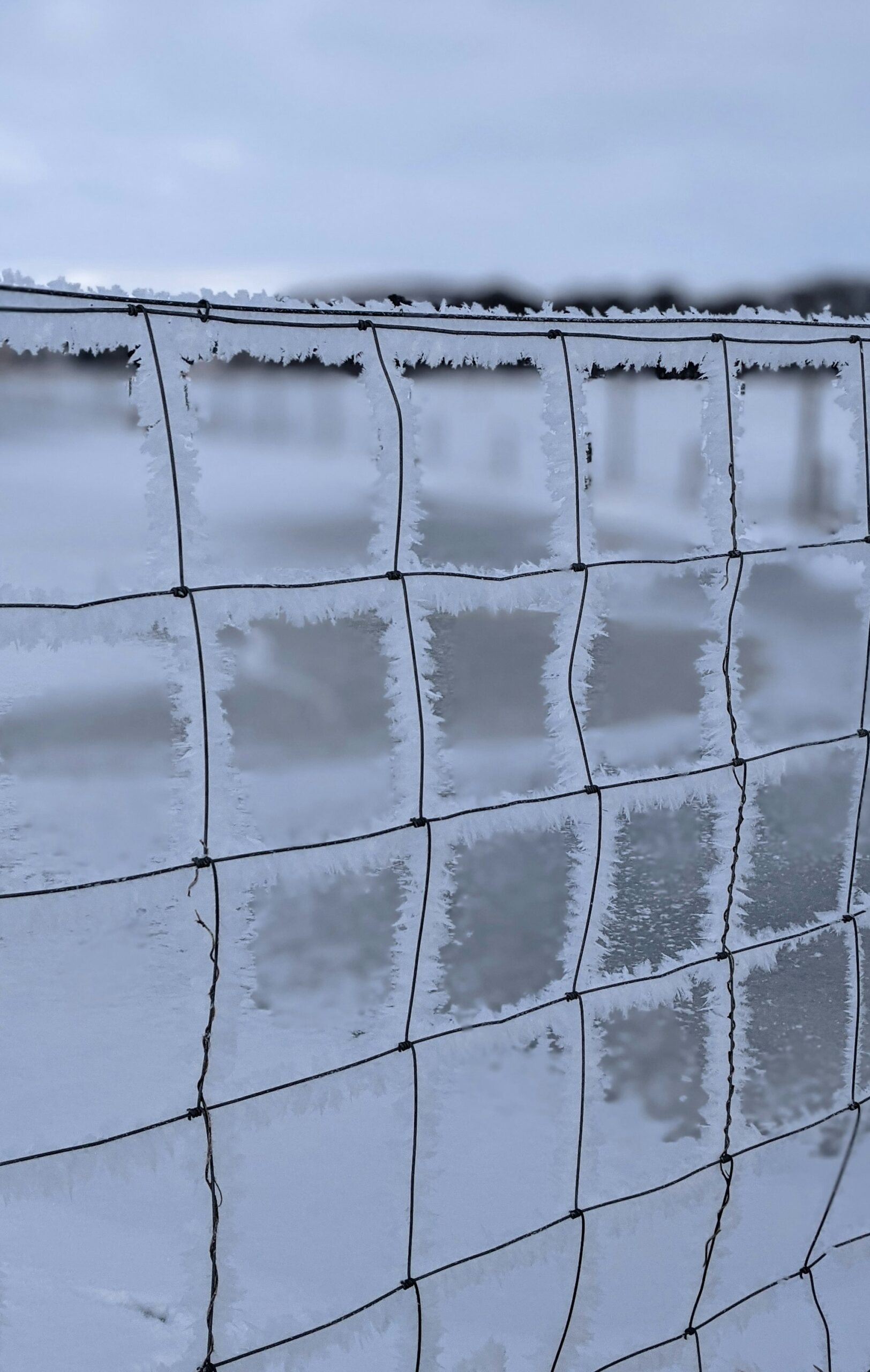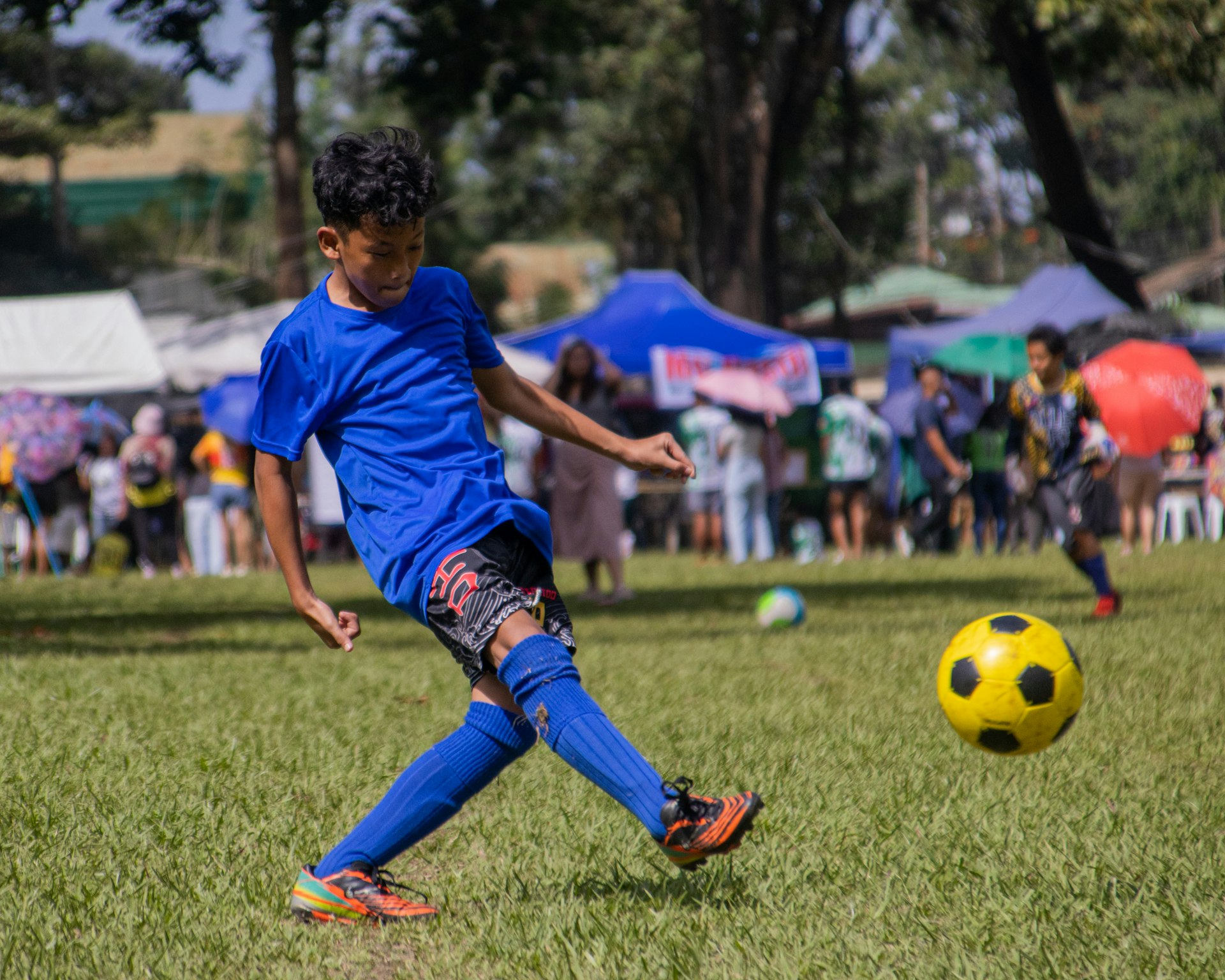Unlocking Peak Athletic Performance: The Critical Role of Sleep Recovery

Photo by Jeffery Erhunse on Unsplash
Introduction
For athletes striving to reach their full potential, the pursuit of excellence extends far beyond the training ground. While rigorous practice and nutrition are widely acknowledged as cornerstones of success,
sleep recovery
is increasingly recognized as a pivotal factor in boosting performance, accelerating recovery, and sustaining long-term health. Understanding the nuanced relationship between sleep and athletic achievement can unlock new levels of capability and resilience for competitors at every level.
[1]
The Science Behind Sleep and Athletic Performance
Sleep is not merely a passive state of rest; it is a dynamic, regenerative process that impacts virtually every aspect of athletic performance. During deep stages of sleep, the body intensifies muscle repair, regulates hormone production, and consolidates motor memory. Research demonstrates that athletes who consistently achieve adequate, high-quality sleep experience improved accuracy, faster reaction times, greater endurance, and better decision-making capabilities.
[3]
For example, studies at Stanford University found that basketball players who extended their sleep to 10 hours nightly saw their shooting accuracy improve by at least 9%, alongside faster sprint times and enhanced well-being. Swimmers who prioritized sleep reported quicker reaction times at the start of races and less fatigue throughout training.
[1]
[3]
Key Benefits of Sleep Recovery in Athletes
1. Enhanced Physical Recovery and Muscle Repair
Intensive physical activity causes microscopic muscle damage, which is an essential trigger for adaptation and growth. Sleep, particularly deep non-REM sleep, is when the body releases the most growth hormone-a crucial agent for tissue repair and muscle development.
[2]
Without sufficient sleep, athletes may struggle to recover fully, leading to prolonged soreness, diminished training capacity, and increased risk of overuse injuries.
Actionable Steps:
- Plan for 8-10 hours of sleep per night, especially during periods of intense training or competition.
- Maintain a consistent sleep schedule, even on weekends, to optimize the body’s recovery cycles.
- Monitor sleep quality with wearables or sleep journals, noting how recovery feels after nights of better or worse rest.
2. Improved Cognitive Function and Decision Making
Sports are as much a mental challenge as a physical one. Sleep deprivation weakens the brain’s ability to process information, slows reaction times, and impairs the split-second decision-making essential in competitive environments.
[1]
During deep sleep, cerebral spinal fluid clears metabolic waste from the brain, supporting optimal neural function.
[2]
Practical Guidance:
- Establish a pre-bedtime routine that minimizes screen time and stimulates relaxation, such as meditation or reading.
- Create a dark, cool, and quiet sleep environment to foster deeper, more restorative sleep.
- Utilize cognitive techniques, such as visualization, in tandem with sleep hygiene to reinforce learning and memory.
3. Reduced Injury Risk and Faster Recovery
Research indicates that athletes who are sleep-deprived are more likely to suffer from injuries and take longer to recover from them. Deep sleep is when human growth hormone peaks, facilitating tissue repair and bone development. It is also when the body’s immune system is restored, making athletes less susceptible to illness.
[1]
[4]
Implementation Tips:
- Monitor for signs of overtraining (persistent fatigue, mood changes, increased injury frequency) and adjust sleep routines accordingly.
- Communicate with coaches and medical staff about sleep habits as part of a holistic injury prevention plan.
- Consider napping strategically (20-30 minutes early in the day) if nighttime sleep is insufficient.
4. Increased Endurance and Energy Levels
Lack of sleep accelerates exhaustion and increases perceived effort during exercise, making it more difficult for athletes to sustain high levels of performance.
[1]
Well-rested athletes demonstrate improved glucose metabolism and maintain a better mood, both of which are vital for endurance sports.
Steps to Enhance Endurance:
- Track energy levels and performance alongside sleep duration to identify patterns and make adjustments.
- Use nutrition and hydration strategies in concert with sleep to optimize energy availability.
- If travel disrupts sleep (e.g., for competitions), plan for acclimation days and use sleep masks or noise-cancelling devices as needed.
5. Mental Health and General Well-being
Chronic sleep deprivation can negatively impact mental health, increasing the risk of anxiety, depression, and burnout. Athletes who prioritize sleep typically demonstrate greater resilience, emotional stability, and overall satisfaction with their training and competition.
[4]
How to Support Mental Well-being:
- Recognize the signs of poor sleep-mood swings, lack of motivation, irritability-and address them proactively.
- Engage with sports psychologists or counselors to integrate sleep strategies into broader mental health plans.
Real World Examples and Case Studies
Numerous elite teams and individual athletes have embraced sleep as a competitive advantage. For instance, Major League Baseball studies found that well-rested players had superior strike zone judgment, and more of them remained active in the league years later compared to sleep-deprived peers.
[1]
Similar improvements have been documented in tennis, swimming, and basketball, where sleep extension protocols led to measurable gains in accuracy, speed, and overall performance.
[3]
Implementing an Effective Sleep Recovery Plan
To access the benefits of sleep recovery, athletes can use the following step-by-step approach:
- Assess current sleep habits by keeping a sleep diary for at least two weeks, noting bedtime, wake time, and perceived restfulness.
- Identify barriers to sleep, such as late-night training, travel, stress, or digital device use, and develop tailored solutions.
- Establish consistent routines , aiming for regular sleep and wake times, even on weekends and during travel.
- Optimize the sleep environment by minimizing light, noise, and temperature fluctuations.
- Collaborate with coaches, trainers, and healthcare professionals to ensure that training schedules and recovery protocols align with optimal sleep patterns.
- Stay informed about the latest research and best practices on sleep and recovery from reputable organizations such as the National Sleep Foundation and official sports medicine associations. For the most up-to-date resources, search for ‘athlete sleep guidelines’ via the National Sleep Foundation or consult certified sleep experts for personalized support.
If you or your organization are seeking specialized guidance, consider contacting a board-certified sleep specialist through your primary healthcare provider or a local sports medicine clinic. Many universities and hospitals have sleep centers with experience in optimizing athlete recovery. To find these, search online for ‘sleep clinic’ or ‘sports performance sleep specialist’ in your area.
Challenges and Alternative Approaches
Some athletes struggle with sleep due to competition schedules, travel, or underlying sleep disorders. If you experience persistent difficulties, it may be helpful to consult with a healthcare provider specializing in sleep medicine. Cognitive-behavioral therapy for insomnia (CBT-I), relaxation techniques, or even short, strategic naps may be beneficial. Nutrition, hydration, and stress management can also play supportive roles in improving sleep quality.
[5]
Key Takeaways
Prioritizing sleep recovery is a proven, actionable way for athletes to enhance performance, reduce injury, and foster resilience. By approaching sleep with the same strategic intent as physical training, athletes can unlock gains that translate into real-world competitive advantages. For more information, consult medical professionals, reputable sleep organizations, or your national athletic association for tailored strategies and support.

Photo by kevin turcios on Unsplash
References
- [1] Children’s Hospital Colorado (2023). Five ways sleep impacts athletic performance.
- [2] Mass General Brigham (2023). How Does Sleep Affect Athletic Performance?
- [3] Sleep Foundation (2024). Sleep, Athletic Performance, and Recovery.
- [4] Charest, J. et al. (2020). Sleep and Athletic Performance: Impacts on Physical and Mental Well-being.
- [5] Doherty, R. et al. (2021). The Sleep and Recovery Practices of Athletes.
MORE FROM dealdetectivepro.com

